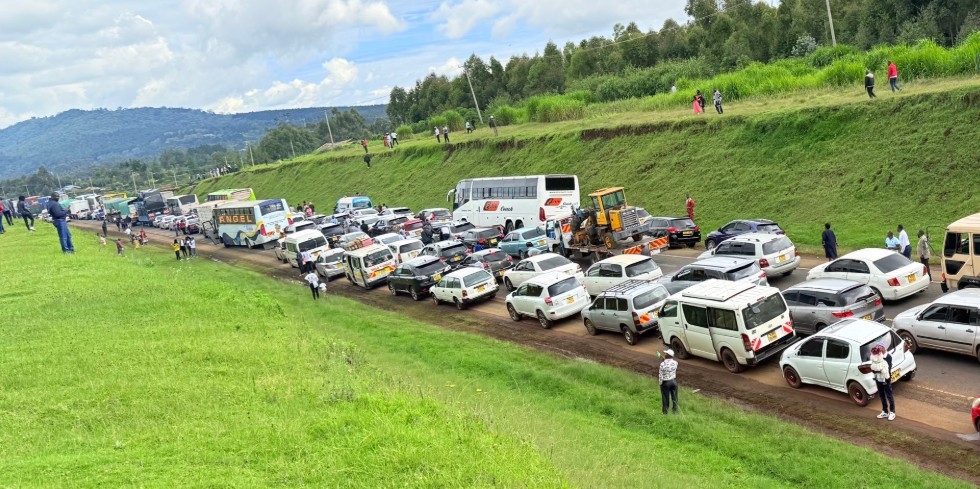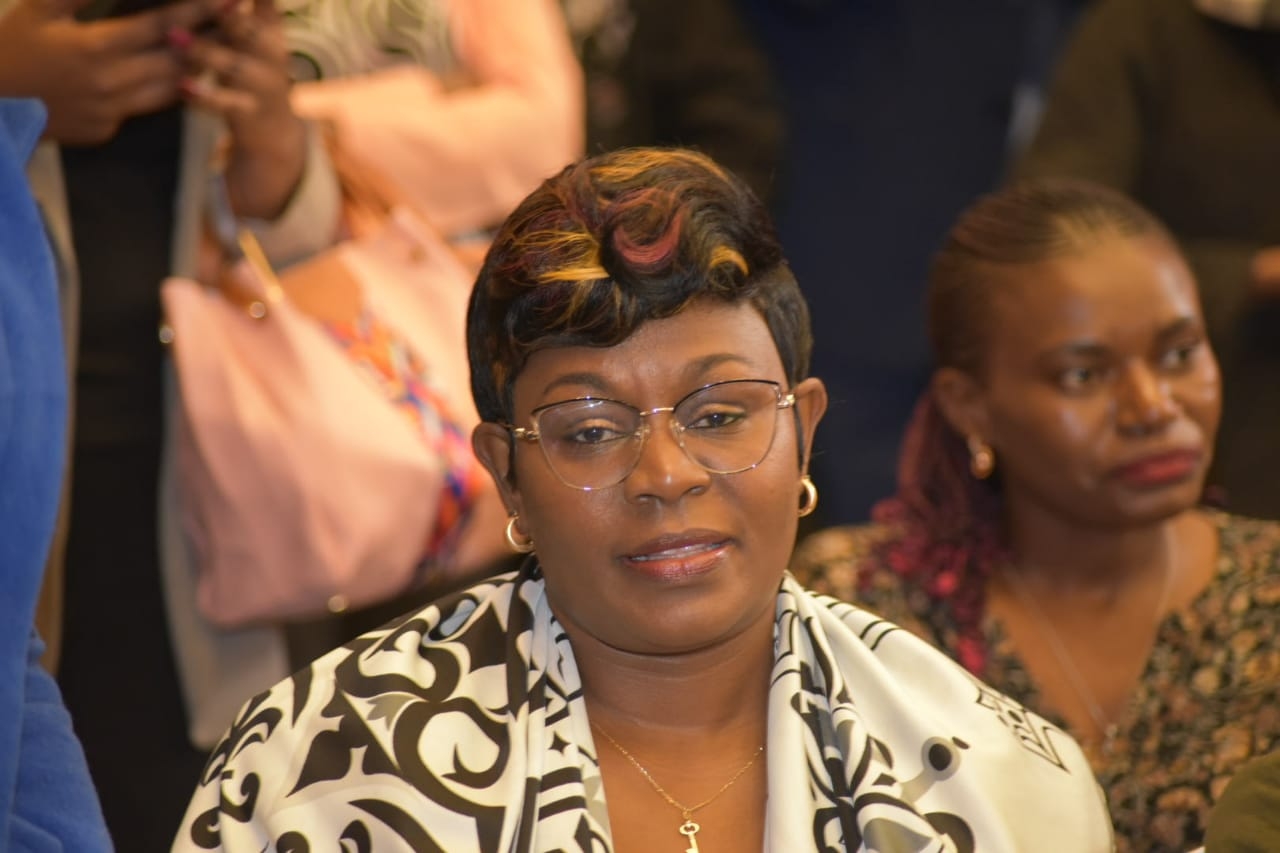The current wave of femicide in Kenya is not only alarming but also setting the country to an ominous security crisis.
Multiple cases of femicide have been reported in different parts of the country – starting from the murders of female university students in various campuses across the country.
Most recently, young women have been brutally murdered within Nairobi residential areas. One case is about a 20-year-old woman killed in Roysambu and her body chopped into pieces before being stashed in a sack.
This came barely a week after another woman was murdered at an Airbnb in South B. More heinous reports continue emerging while the United Nations Office on Drugs and Crime office reported 706 cases of femicide in Kenya by end of 2021.
The national Demographic Health Survey 2022 also reported that 34 per cent of women experienced physical violence. This translates to one out every three women in Kenya being at risk of femicide. A reporter with BBC, Danai Kupemba, encapsulates the dire situation that “the brutal murder of a young Kenyan woman … exposed the violent manosphere perpetuating misogyny in the country”.
Perhaps, to explain what constitutes femicide, the Oxford English Dictionary defines it as “the killing of a woman or girl, in particular, by a man and on account of her gender”.
Gender experts, however, expand the meaning of femicide to include “impunity and institutional violence, owing to a lack of accountability and adequate response on the part of the state when such killings occur”.
Such killings often take different forms like murder of women as a result of intimate partner violence; torture and misogynist slaying of women; targeted killing of women and girls in the context of armed conflict or religious cults; killing of women and girls because of their sexual orientation or gender identity; genital mutilation related deaths; and killings from accusations of witchcraft.
The current rampage of femicide in Kenya is connected to criminal gangs and organised crime, drug dealers, and human trafficking according to initial police investigations. Largely, the situation also links to a ‘gender-based violent manosphere’.
It is crazy and lethal how the Kenyan cybrespace has become a collection of ‘online forums promoting masculinity, misogyny, and opposition to gender equality’. Politicians are not innocent either!
The most disturbing is how the voices in ‘the mainstream’ gender activism have become outshone by the social media outrage mixing hilarity with calls for action.
In some social media pages people are asking about the lost zeal of the Federation of Women Lawyers in Kenya (FIDA), the Kenya Women Parliamentary Association (KEWOPA), and the likes of the Centre for Rights Education and Awareness (CREAW-Kenya), just to mention a few actors.
Yes, they could have made some statements here and there, but the voice is becoming dimmer and slimmer in the campaigns against femicide. Someone commented, for example, that had the 'political slaps' (in a Mumias funeral last week) been meted on a woman politician, all activists could have been in the streets.
In contrast, no one seems to be bothered to that extent after a 20-year-old woman is killed in an Airbnb and her body chopped into pieces like chicken. Worse are the misogynists online blaming the victims as people who are paying for “eating fare”. When men are killed in similar circumstances, the joke is that “they succumb in the line of duty”. These are ridiculously awful statements!
The underlying fact is that an escalating statistics of femicide cases sets the Kenyan security architecture to be horrendous. The non-charlatan attitude expressed in social media is a clear call for intervention by the State. Dynamism in security mechanisms for curbing this form of criminality must be designed as a priority.
The cruel wave is an expression of extremism in our community just like the case of Shakahola debacle. Extremism, whether religious or misogynism must be dealt with as a security threat. I know some politicians trivialised security and safety concerns, hyping that “many things would still kill Kenyans”.
However, the deep reality is that gender-based security threats is now more chilling than ever before. Nonetheless, the police can not be deployed everywhere while the guns cannot secure people against all sorts of aggression.
That only means that a new security architecture must be designed to deal with such eventualities. This responsibility is on the State to protect life as enshrined in the Constitution.
An array of hope exists already in the newly developed programme by the Ministry of Interior and National Administration to address peace and security, at the local level, through the local peace networks.
For instance, Dr Raymond Omollo, the PS in charge of Internal Security, highlighted in a recent conference held at the Africa International University, that the government has developed "An architecture for building peace at local level: A comparative study of local peace committees".
This is laudable. The question is, now, how to expand the scope of that architecture to address the escalating cases of femicide. How can the national Police Service partner with the Civil Society to develop a robust system for prevention? We must all act as a people against femicide before it is your daughter or sister in the news bulletin.
Dr Sam Oando is a Research Consultant in Gender, Conflict and Peace












